VOICES FROM THE REGION#06: 29 July 2024

Guest Writer: Heidi Kingstone
Abstract
What is genocide? It’s a word bandied about these days, especially in the wake of the Israel-Gaza catastrophe, which has galvanised the world. Genocide has a specific meaning, and only the courts can decide, regardless of the intense passion it evokes.
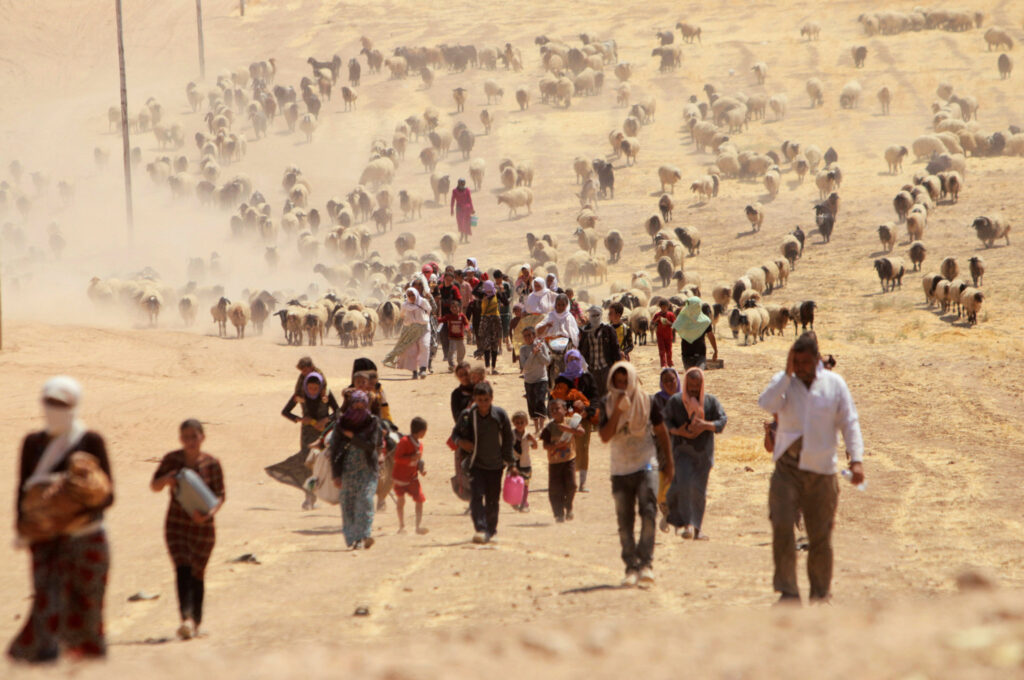
On 3 August 2024, it will be ten years since the Islamic State in Iraq and Syria (ISIS) overran Sinjar, a majority-Yazidi district on Iraq’s north-western border with Syria, and perpetrated the genocide that shocked the world with its brutality: burning Yazidi people to death in cages, burying and crucifying people alive, raping and selling women and children in markets as sex slaves, kidnapping young boys to turn them into Ashbal al-Khilafah, or cubs of the caliphate, the future fighters. Sinjar was liberated by Kurdish fighters a year later in 2015. A decade on, however, an estimated 2700 women and girls remain unaccounted for – dead, enslaved, certainly missing.
Once, genocide seemed like a crime from the annals of history – something from World War II – but we are surrounded by man’s inhumanity to man. The horrific situation in Gaza, not yet legally declared genocide, has brought the word into everyday parlance. While the lot of 750,000 people on the verge of starvation in Darfur is largely ignored, genocide has again reared its ugly head in Sudan. The murder of 62,000 Christians in Nigeria is referred to as the silent slaughter. It seems clear that the Russian Federation wants to annihilate Ukraine, its people, its culture, and its future, with a determined intent to destroy- the essence of the crime of crimes.
Even when the killings stop, the truth is genocide casts a long shadow over its victims, often the victims’ families and subsequent generations. The horror doesn’t end when survivors are released or the war ends because the after-effects never go away.
During the writing of my book, Genocide – Personal Stories, Big Questions, in March 2020, I spoke to a Yazidi woman who had resettled in Toronto with her son. This young boy had been captured by ISIS and was eventually released. Still, he was so indoctrinated that he terrorised his mother, demanding that she behave more like a Muslim (Yazidis are not Muslim). The daughter of Holocaust survivors, Paulette Volgyesi, who was born in 1948 in the former concentration camp, Bergen-Belsen, also felt she had to be as good as possible so as never to upset her mother. Such stories are endless.
The legacy of hate manifests itself with the displacement of victims. Some 300,000 Yazidis remain in IDP (Internally Displaced People) camps, unable to return home for various reasons – there are no homes to go to, they can’t afford the reconstruction of homes that do exist, or because the political situation remains unstable, continuing the cycle of poverty. Some women are ostracised for being raped. Fewer than 50,000 Yazidis have returned to Sinjar since June 2020. But there are no jobs, schools or social cohesion. ISIS’ other legacy was to sow distrust amongst the different tribes.
Many Yazidis have emigrated from Iraq to forge new lives in new countries, countries they had never even heard about, leaving behind their homeland, physically but often not spiritually, and the trauma continues because there are no bodies to bury or mourn.
As the anniversary of the genocide approaches, we recall those harrowing photos of refugees fleeing en masse to the mountains for safety. That is a recent memory but generations on many still feel the effects of other genocides.
Professor Susan Breau, Interim Director of Research Students at the Institute of Advanced Legal Studies, remembers visiting her family in New Brunswick for a reunion, and they talked about the Acadian expulsion from Acadia by the British in 1750 as if it were yesterday. The 1930s Ukrainian famine, the Holodomor, like the 1915 Armenian genocide, is part of those cultures’ legacies. For many, the horrors are in the blood and passed down from generation to generation. The Yazidis consider the ISIS genocide only the most recent of the 74 that they have experienced over their 7,000-year history.
Legal redress is important. On 11 July 2024, the Netherlands paid compensation to hundreds of widows and other relatives almost 30 years after the genocide at Srebrenica. Japan apologised to Korean comfort women many decades after the war. Often, these routes are tangled and mind-numbingly complex. However much compensation helps, it does not end the memory that goes on generation after generation.
How can we stop the ‘othering’ of people that underlines each genocide? The search for answers is difficult. That possibly starts with educating young children and showing them that targeting neighbours or others is always unacceptable. We must keep telling survivors’ stories; we must remain vigilant. We have the responsibility to protect. R2P is a global commitment endorsed by the United Nations and we need to use it. We also have to believe there is a better way to live because the shadow of genocide is long and affects everyone.
(Heidi Kingstone is a freelance journalist. Her book, GENOCIDE – Personal Stories, Big Questions, will be published by Yellow Press in autumn 2024. Views expressed in the piece are that of the author, and not of MISS.)

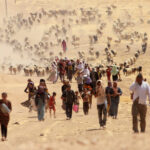
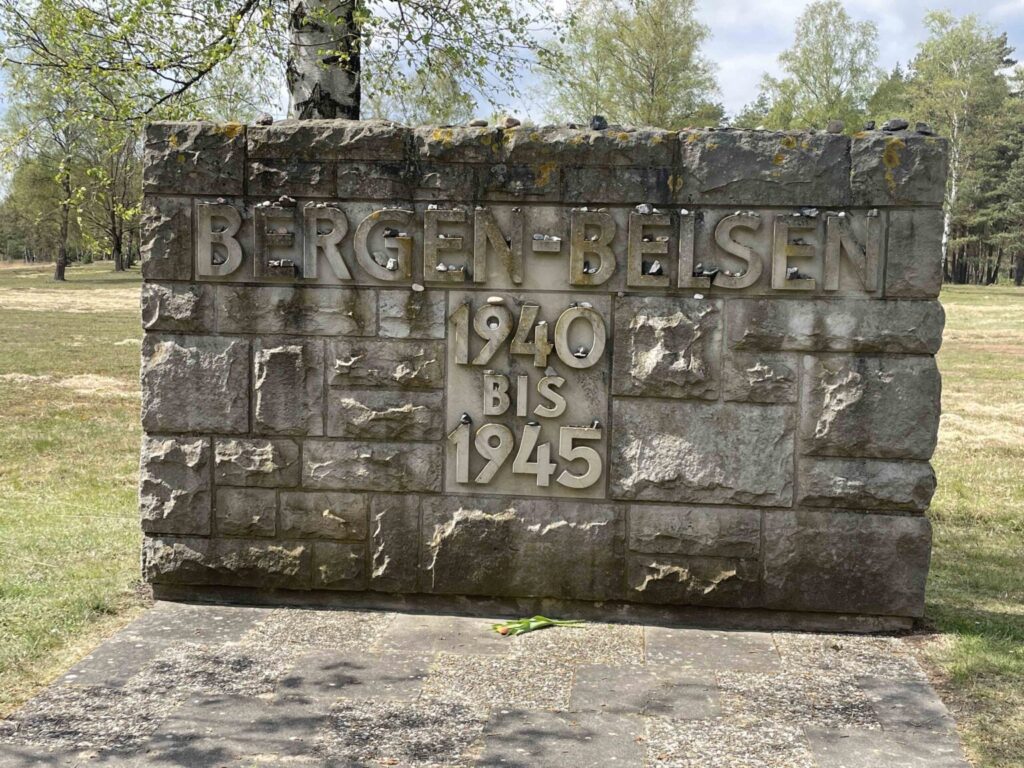
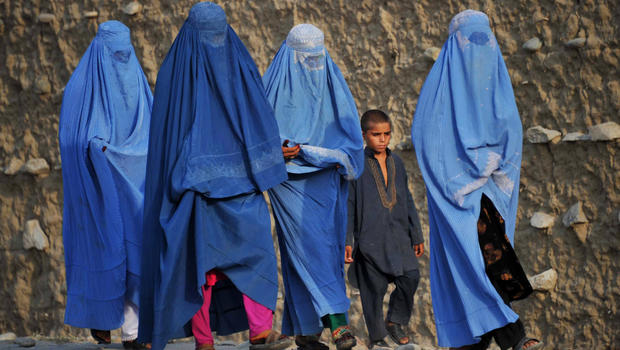
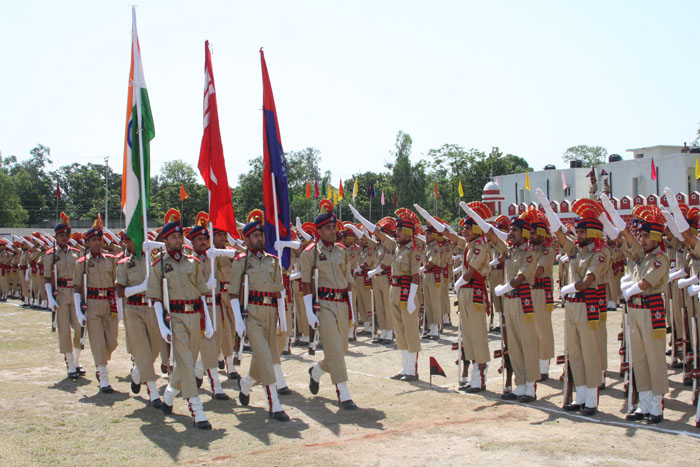
One Comment
Comments are closed.